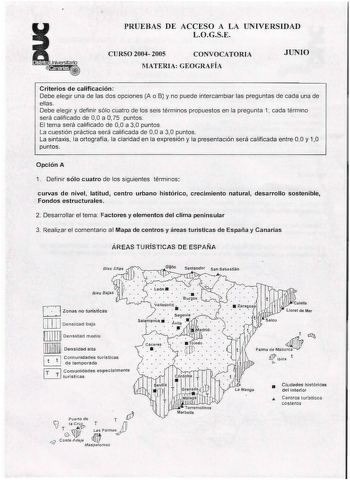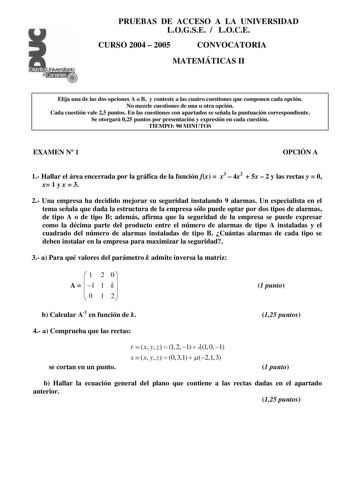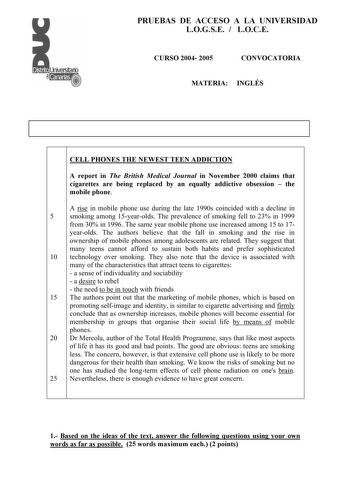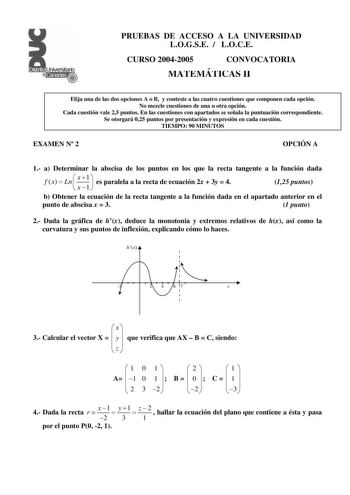Examen de Inglés de Canarias (selectividad de 2005)
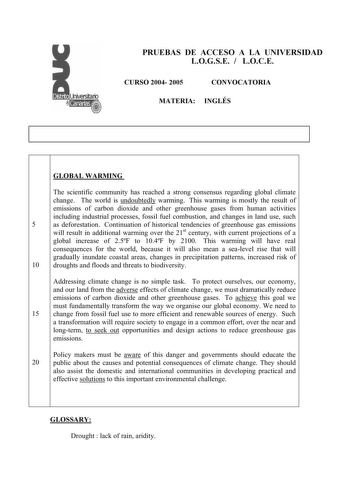
| Comunidad Autónoma | Islas Canarias |
|---|---|
| Asignatura | Inglés |
| Convocatoria | Extraordinaria de 2005 |
| Fase | General |
Temas mencionados new_releases

Flamenco
El flamenco es un estilo de música y danza propio de Andalucía, Extremadura y Murcia. Sus principales facetas son el cante, el toque y el baile, contando también con sus propias tradiciones y normas. Tal y como lo conocemos hoy en día data del siglo XVIII, y existe controversia sobre su origen, ya que aunque existen distintas opiniones y vertientes ninguna de ellas puede ser comprobada de forma histórica. Aunque el diccionario de la RAE lo asocia especialmente a la etnia gitana, es más que perceptible la fusión de las distintas culturas que coincidieron en la Andalucía de la época. De todas la…
Fuente: wikipedia.orgCarbon dioxide
Carbon dioxide (chemical formula CO2) is a colorless and odorless gas that is vital to life on Earth. This naturally occurring chemical compound is made up of a carbon atom covalently double bonded to two oxygen atoms. Carbon dioxide exists in Earth's atmosphere as a trace gas at a concentration of about 0.04 percent (400 ppm) by volume. Natural sources include volcanoes, hot springs and geysers, and it is freed from carbonate rocks by dissolution in water and acids. Because carbon dioxide is soluble in water, it occurs naturally in groundwater, rivers and lakes, in ice caps and glaciers and a…
Fuente: wikipedia.org
Fossil fuel
Fossil fuels are fuels formed by natural processes such as anaerobic decomposition of buried dead organisms, containing energy originating in ancient photosynthesis. The age of the organisms and their resulting fossil fuels is typically millions of years, and sometimes exceeds 650 million years. Fossil fuels contain high percentages of carbon and include petroleum, coal, and natural gas. Other commonly used derivatives include kerosene and propane. Fossil fuels range from volatile materials with low carbon:hydrogen ratios like methane, to liquids like petroleum, to nonvolatile materials compos…
Fuente: wikipedia.org